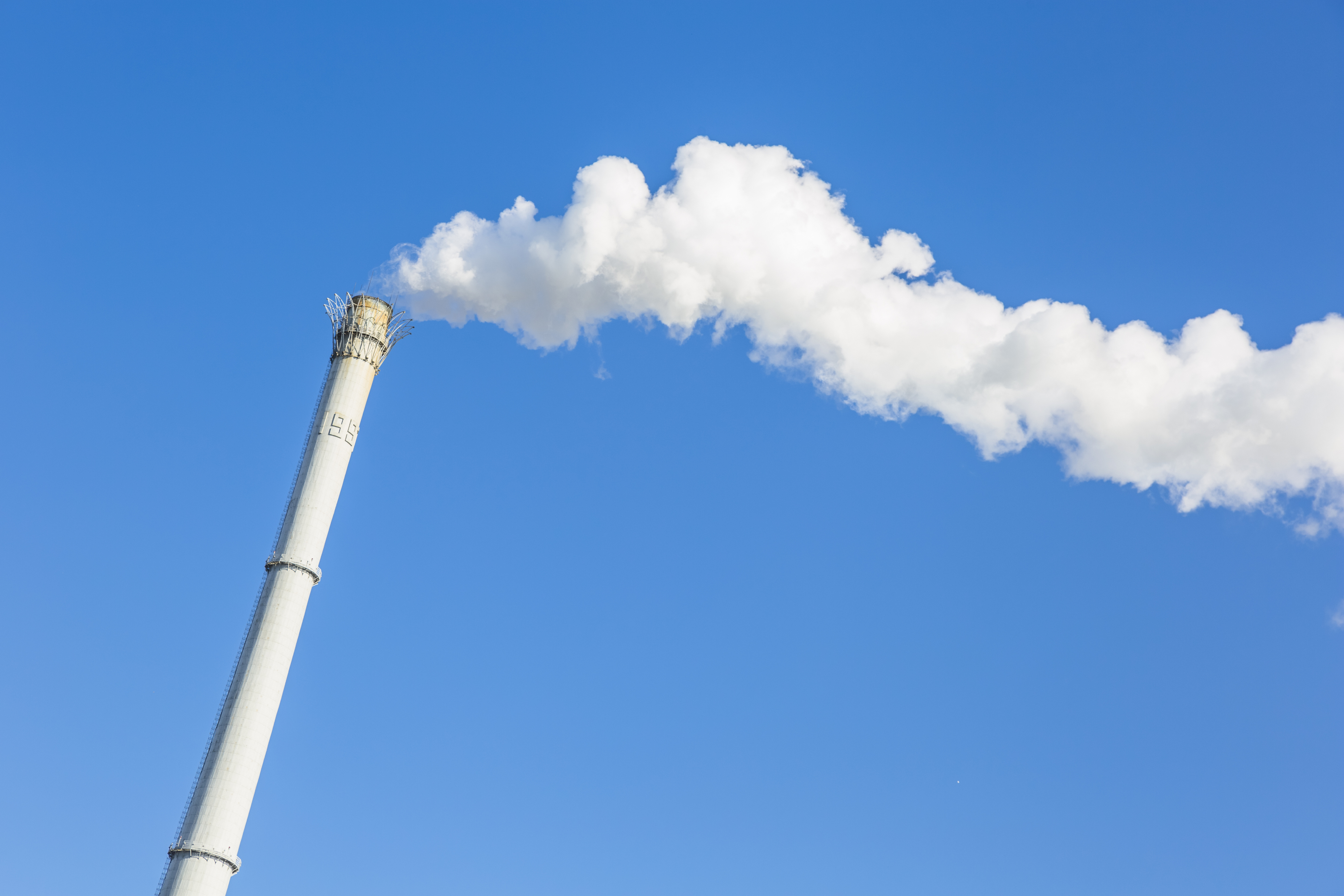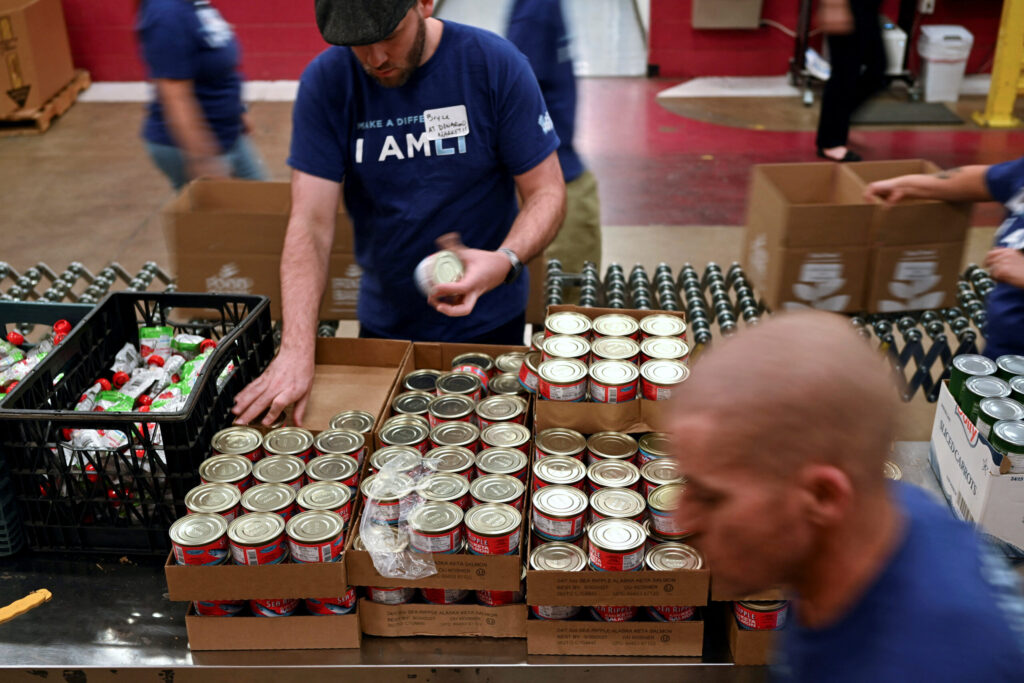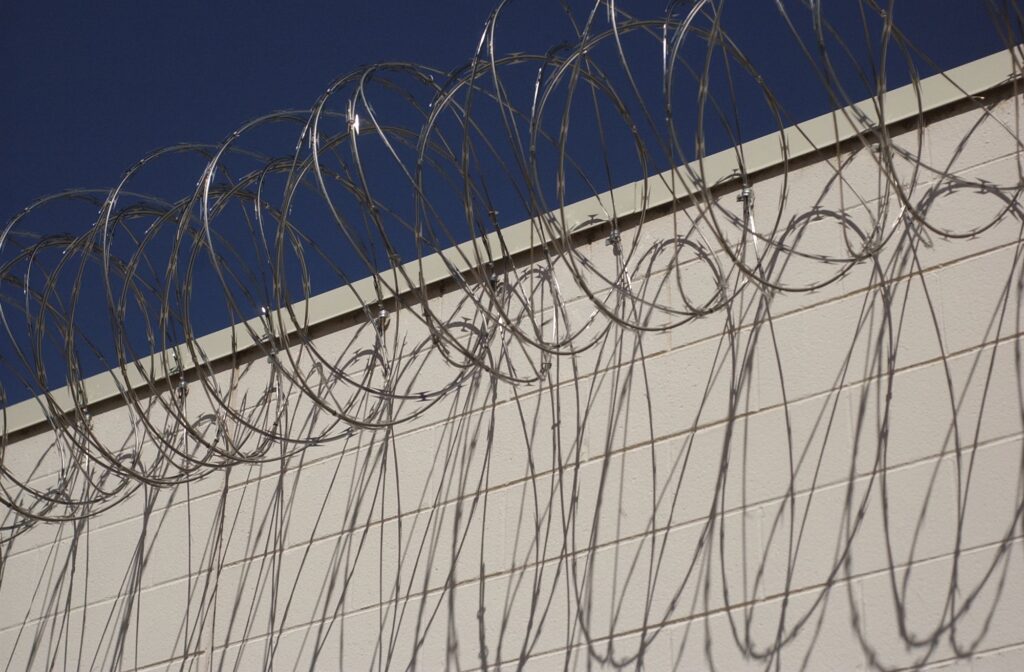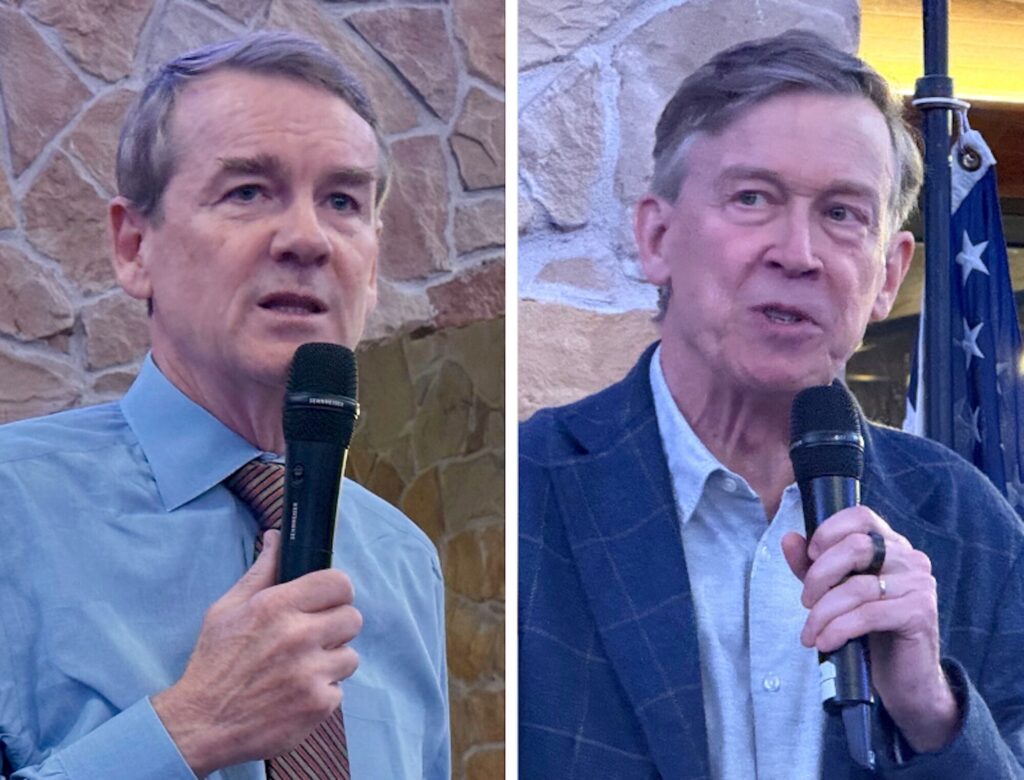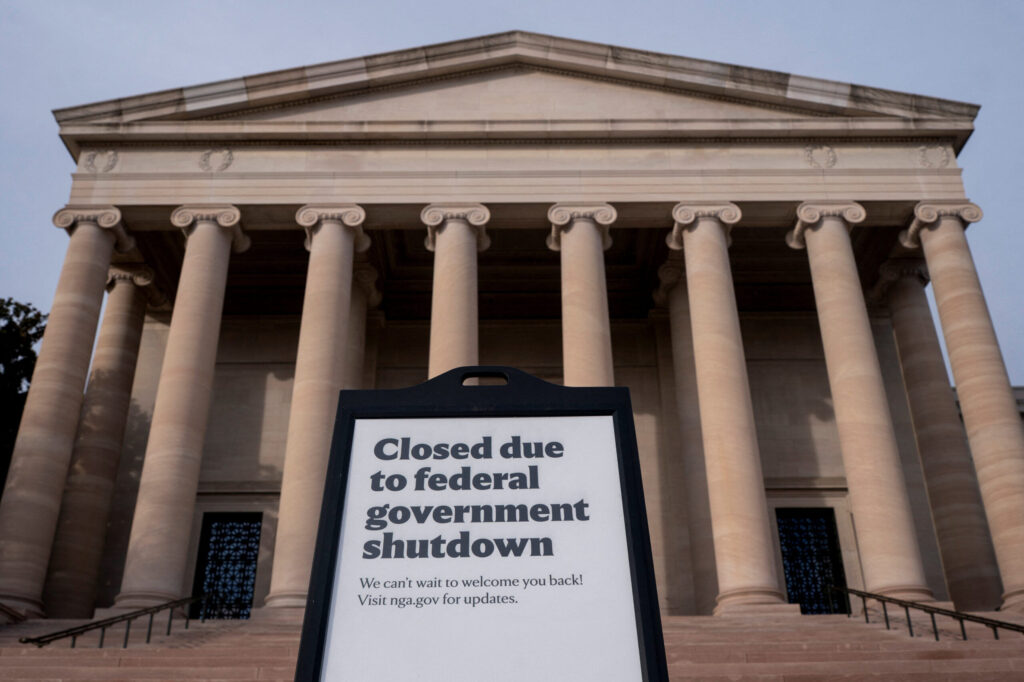Colorado legislature OKs tax incentives for low-emission heat pumps, building materials
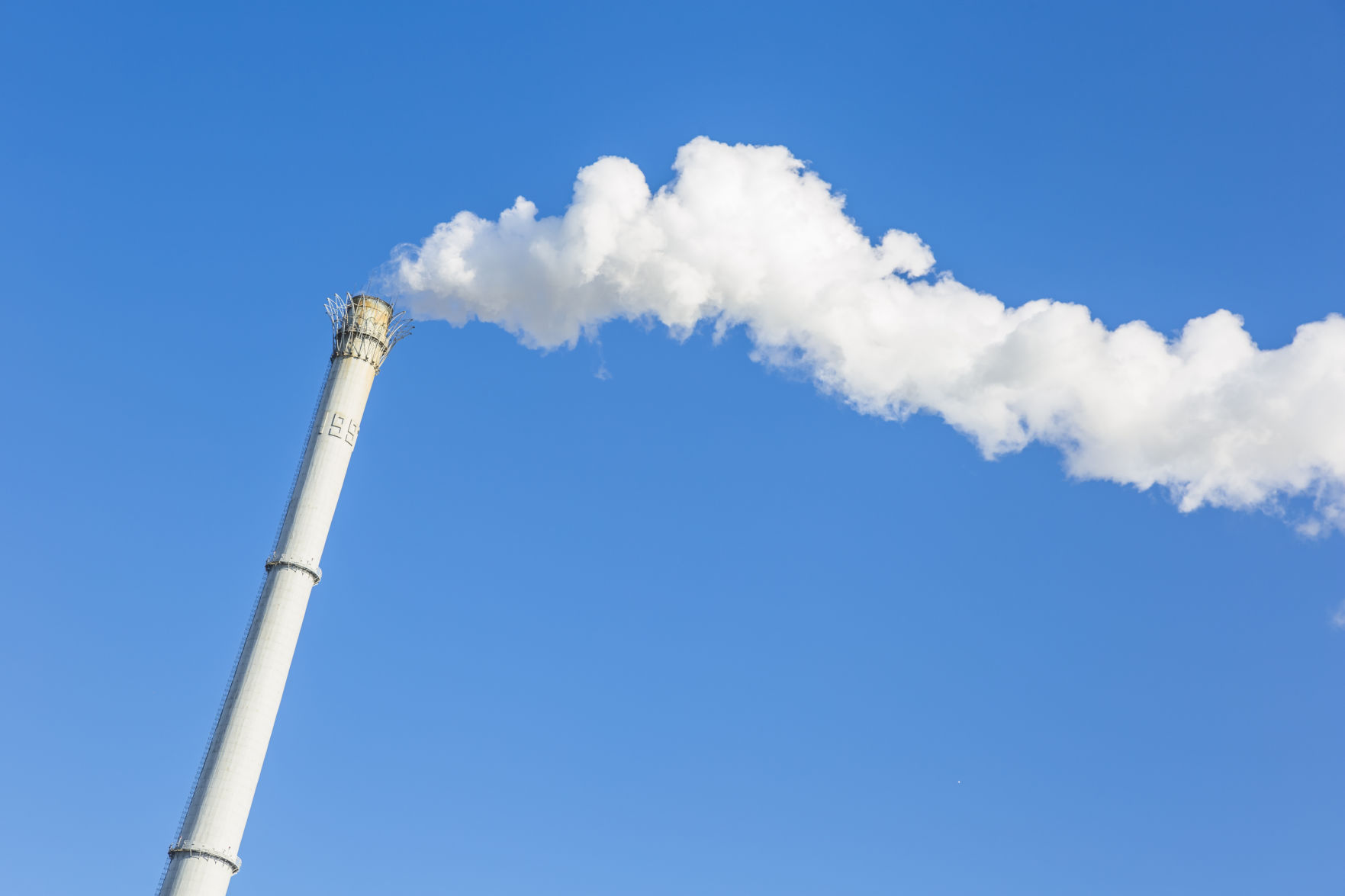
The Colorado legislature passed a measure Tuesday to create tax incentives for heat pumps and environmentally-friendly building materials in an attempt to lower the state’s greenhouse gas emissions.
If signed into law by Gov. Jared Polis, Senate Bill 51 would establish a sales tax exemption for low-emission heat pumps and building materials including green concrete, recycled steel and composite wood products. The bill would also create a 10% income tax credit for the purchase of heat pumps.
“We are working in this state in a myriad of ways to meet our emissions reduction goals,” said bill sponsor Rep. Emily Sirota, D-Denver. “This is one way to incentivize the use of green building materials and heat pumps which are good for the climate, good for air quality and also good for consumers’ pocketbooks.”
Around 70% of Colorado homes are heated by natural gas instead of greener alternatives like electricity, according to state estimates. That is significantly higher than the 47.8% national average. In 2019, heating in residential and commercial buildings accounted for around 10% of Colorado’s greenhouse gas emissions – over 12 million metric tons of carbon dioxide.
By using electricity to draw heat from the air, ground or water, heat pumps can heat and cool buildings while cutting greenhouse gas emissions by one-half, according to state data. If the tax incentives for heat pumps were enacted, the state estimates it would reduce greenhouse gas emissions by over 446,000 metric tons of carbon dioxide in the first 10 years.
Heat pumps last 10 to 20 years and save households money over time, but are often expensive to buy initially, according to the Natural Resources Defense Council. The tax incentives are intended to address this financial barrier.
The state House passed the bill in a 40-25 vote on Tuesday and the Senate approved the bill 27-6 last month. The bill received bipartisan support and opposition, through nearly all Democrats voted in favor of the bill and nearly all Republicans voted against it.
“It’s talking about electrifying buildings and that should be a private decision that somebody makes, rather than being pushed into it or incentivized at the expense of everybody else,” said Rep. Andres Pico, R-Colorado Springs, who voted against the bill. “When you incentivize a program, you’re basically taking taxpayer money from elsewhere … that everybody else has to pay into.”
The bill would decrease state revenue by around $13.8 million by 2025, according to state estimates.
The sales tax exemption and income tax credit would be in effect for two years, with the exemption and credit for heat pumps beginning in 2023 and the exemption for low-emission building materials beginning in 2024 to allow the state architect time to determine which specific materials will be included, bill sponsors said.
In the House, lawmakers opted to shorten length of the sales tax exemption and income tax credit from the original 10 years to only two years – a change the Senate will have to approve in the coming days before the bill can be sent to the governor for final consideration.
